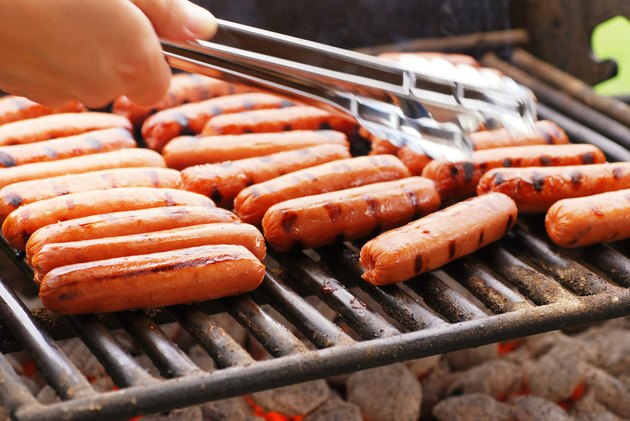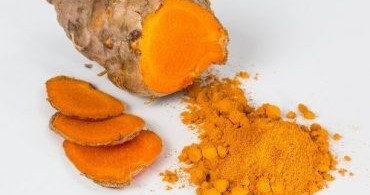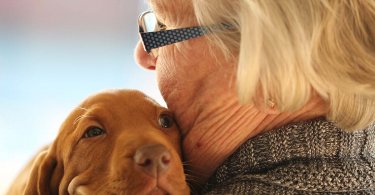The hot dogs you've had at the ballpark or during a backyard barbecue were most likely cured hot dogs. While they're some of the most popular varieties of cured meat, they aren't the only type of hot dog: hot dogs can also come uncured. Like cured hot dogs, uncured hot dogs can be prepared from beef, chicken, turkey, pork or a combination. Cook uncured hot dogs using the same methods you'd use for cured hot dogs.

Advertisements
Differences Between Uncured and Cured Hot Dogs
A cured hot dog has been preserved with nitrites. These artificial compounds prevent the meat from spoiling and are used to enhance the flavor, color and smell of the finished hot dog. By contrast, an uncured hot dog does not contain artificial nitrates or nitrites. Instead, the meat in an uncured hot dog is preserved with celery juice or celery juice powder, a naturally occurring source of nitrates, says Niman Ranch. Because uncured hot dogs do not contain artificial preservatives, they need to be kept refrigerated.
Advertisements
Nutritional Information
A typical uncured beef hot dog contains approximately 70 calories with 50 of these contributed by fat, or around 6 total grams. It also has about 2 grams of saturated fat, 20 milligrams of cholesterol and 6 grams of protein per hot dog. Each uncured beef hot dog contains 330 milligrams of sodium, or 14 percent of the amount an adult should limit himself to each day. For a healthier uncured hot dog, choose turkey or chicken brands that are low in sodium.
Best Preparation Methods
All commercial brands of uncured hot dogs have been fully cooked -- they aren't raw. According to the National Hot Dog & Sausage Council, cooked hot dogs need only to be heated thoroughly before eating. Choose a preparation method that doesn't require added fat, such as baking, microwaving, grilling or broiling. You can also steam uncured hot dogs in a covered pan of liquid that's been brought to a boil and then removed from the heat. Use tongs to handle cooked hot dogs: puncturing them with a fork may cause them to lose their accumulated juices.
Expert Recommendations
While you may choose uncured hot dogs over their cured counterparts because they are free from artificial preservatives, it's still unwise to give them too large a place in your diet, says the Harvard School of Public Health. A high intake of processed meats like hot dogs may increase your risk of cancer, diabetes or heart disease, particularly if you choose beef or pork hot dogs. Eat hot dogs only occasionally and in moderation.
REFERENCES & RESOURCES Healthy Beginnings: Is There Such a Thing As a Healthy Hot Dog? Applegate: Hot Dogs Niman Ranch: FAQ's Nature's Rancher: Uncured Pork & Beef Hot Dogs Applegate: Natural Uncured Beef Hot Dog Centers for Disease Control and Prevention: Most Americans Consume Too Much Sodium Applegate: Natural Uncured Turkey Hot Dog Nature's Rancher: Burgers & Dogs National Hot Dog & Sausage Council: Tips for Cooking Linked Sausages Harvard School of Public Health: Protein




Comments